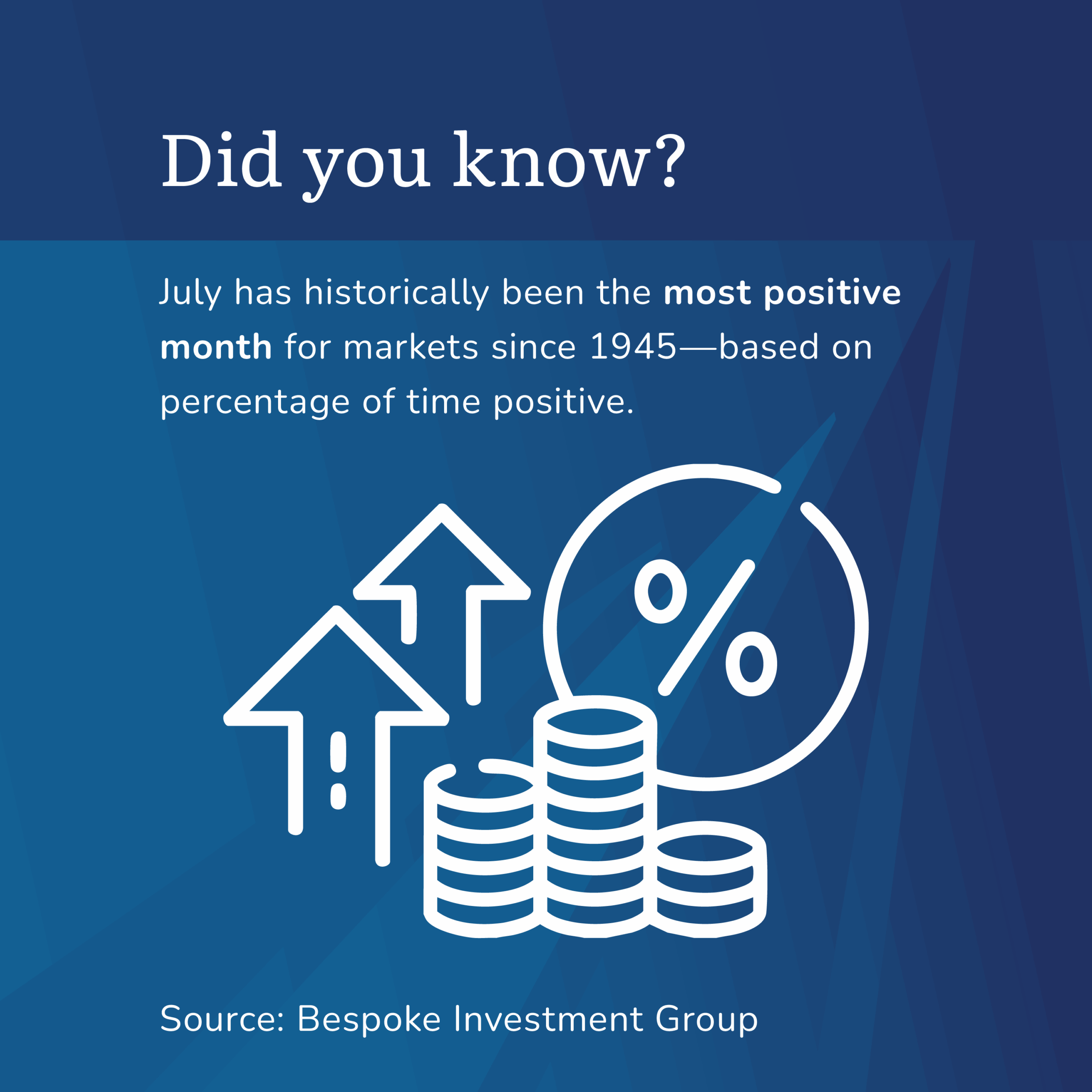Why Focus on Investment Process over Investment Outcome?
At the core of our investment philosophy is our focus on process over outcome. If an investment has a good outcome we are more focused on the process that leads to the investment’s inclusion in our client’s portfolio. Why not just celebrate the good outcome? Because anyone can get lucky. Especially over the short term.
What we do know are two things:
- Over the long term, a good process leads to good outcomes
- We have more control over the process than outcomes
We all know we should direct more of our energy and attention to items we have more influence and control over. It’s obvious. But just because something is obvious doesn’t mean we do it. I know I should exercise 3-5 times per week. I know I shouldn’t try that new chicken sandwich for the 4th time. We know what the correct behavior is but we still don’t engage in it. When it comes to investing our clients’ dollars, we know we should focus our energy and attention on our process and we hold ourselves to it.
Understanding the underlying fund manager’s process is just as important as making sure we have our own disciplined process in place. Evaluating good investment performance is not just crunching performance numbers, but understanding how a portfolio manager‘s process ultimately delivers the long-term results clients seek. By focusing exclusively on short-term outcomes, investors are ultimately led astray. This focus on the short-term is understandable as it is a product of a culture focused on timing and selection. Although understandable to feel this way, your investment outcomes will likely suffer if you act this way.
We believe decision-makers should position themselves to think about investment selection with these points in mind:
- Recognize investing is a probabilistic exercise. With any probabilistic situation, success requires developing a disciplined process.
- Acknowledge that even the best process will produce bad results some of the time.
- The best practitioners in all probabilistic fields not only focus on process but appreciate the role time has in delivering outcomes.
Additionally, we consider these core principles and practices as foundational to our investment process:
- Asset Allocation – the long-term portfolio mix of stocks, bonds, and cash
- Diversification – an expression of humility
- Rebalancing – returning the portfolio to its target allocation. Part art, part science.
- Faith in the future – history should make optimists of us all
- Patience – tolerance and restraint in the face of provocation
- Discipline – the decision to keep following your process
For over 35 years, this focus on process has helped us provide countless successful outcomes to the families that we serve.
Former Treasury Secretary Robert Rubin puts it nicely:
“Any individual decision can be badly thought through, and yet be successful, or exceedingly well thought through, but be unsuccessful. But over time, more thoughtful decision-making will lead to better results, and more thoughtful decision-making can be encouraged by evaluating on how well they were made rather than an outcome.”
Happy investing,
Marcos
Categories
Recent Insights
-

Talk Your Chart | From Saunas to Stock Surges: Market Recoveries, Margin Resilience & Rate Watch | Episode 69
In Episode 69 of Talk Your Chart, Brett and Marcos unpack the surprising speed of the recent market recovery, debate the timing vs. time-in-market mindset, explore political biases in investing, and analyze how corporate margins and U.S. debt are shaping investor decisions in 2025. Charts available for download here.
-

Smart Money Moves for Teens: The Best Financial Literacy Apps
Why Financial Literacy for Teens Matters Let’s face it—teaching teens about money can be tricky. But thanks to an ever-growing list of financial literacy apps, it’s never been easier (or more engaging) to help kids build healthy money habits. I recently spoke with two clients who’ve been using the Greenlight app to help their children…
-

Rebuilding Financial Confidence After Divorce: Managing Risk & Moving Forward
Divorce is not just an emotional transition—it’s a financial one, too. The process of separating assets, redefining financial goals, and adjusting to a new financial reality can feel overwhelming. But with the right mindset and strategies, you can regain control and build a future that aligns with your new chapter in life. Understanding Financial Risk…
-

Giving with Pride: Smart Strategies for LGBTQIA+ Donors
Understanding the Landscape of LGBTQIA+ Philanthropy LGBTQIA+ donors are uniquely positioned to drive meaningful change, but the philanthropic landscape remains complex and underfunded. Historically, LGBTQIA+ organizations have faced significant challenges in securing resources, often competing with larger, more established nonprofits for limited funding. This disparity highlights the importance of strategic giving to ensure that your…
-

How to Build Lasting Relationships that Propel Your Business and Elevate Your Community
As business leaders, our role in the community extends beyond charitable acts—it’s a strategic initiative that strengthens both our businesses and the communities we serve. Building meaningful community partnerships is not just about doing good; it’s about doing it strategically to foster deeper relationships, enhance your brand, and make a lasting difference. But where do…
